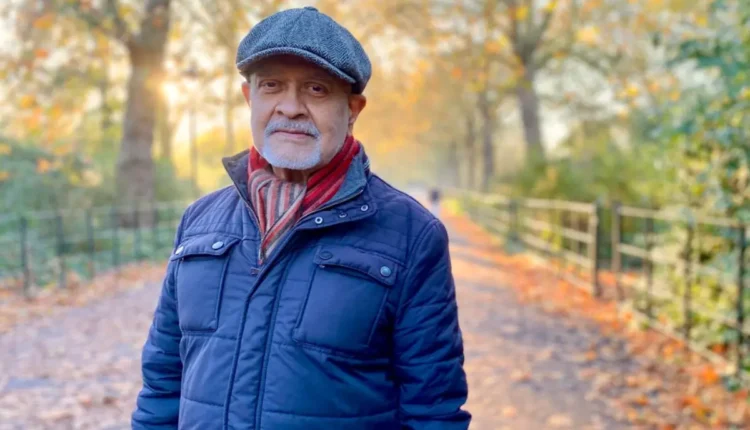Waris Hussein, a name that resonates with groundbreaking achievements in British and Indian television and film, has left an indelible mark on the industry. Born Waris Habibullah on December 9, 1938, in Lucknow, British India, Hussein’s journey from an aristocratic family to becoming the BBC’s youngest drama director is a story of perseverance, talent, and courage.
Early Life of Waris Hussein: Roots in British India
Waris Hussein was born into the Taluqdar class, an aristocratic lineage that bestowed upon him a unique perspective on life. Spending his early years in Bombay, he witnessed the vibrant culture and diverse narratives that would later influence his work.
In 1946, his family moved to the UK when his father, Ali Bahadur Habibullah, was appointed to the Indian High Commission. The subsequent independence of India in 1947 saw his father return, but his mother, Attia Hosain, chose to stay in England with her children, carving out a career as a writer and broadcaster for the BBC’s Eastern Service.
Education: Nurturing a Passion for the Arts
Waris Hussein’s educational journey began at Clifton College and continued at Queens’ College, Cambridge, where he studied English literature. It was here that his passion for the arts blossomed.
Waris Hussein directed several plays and worked alongside future luminaries such as Derek Jacobi, Margaret Drabble, Trevor Nunn, and Ian McKellen. His directorial talent shone through in a Marlowe Society revival of “Caesar and Cleopatra,” laying the foundation for his illustrious career.
The BBC Years: Pioneering Television Drama
In 1960, after graduating, Waris Hussein joined the BBC as a director. He chose to change his name from Habibullah to Hussein, a decision influenced by the socio-political landscape of the time.
His early career saw him directing “Doctor Who,” a series that would become a cultural phenomenon. Despite initial doubts about directing a science fiction series featuring cavemen, Hussein’s work on “An Unearthly Child” and “Marco Polo” set a high standard for the show and showcased his versatility as a director.
A Touch of Cinema: From TV to the Big Screen
Hussein’s transition from television to film was marked by notable works such as “A Touch of Love” (1969), featuring Ian McKellen, which was entered into the 19th Berlin International Film Festival. Other significant films include “Melody” (1971) and “Henry VIII and his Six Wives” (1972). These films demonstrated his ability to craft compelling narratives across different mediums.
Award-Winning Productions: Defining a Legacy
Hussein’s directorial excellence continued with acclaimed productions like “Edward & Mrs. Simpson” (1978), for which he won a BAFTA award. His ability to navigate complex historical narratives with sensitivity and depth earned him widespread recognition. In the 1980s and 1990s, he directed several television movies in the United States, further establishing his international reputation.
Personal Struggles: A Journey of Courage
Hussein’s personal life was marked by profound challenges, including the loss of his partner Ian to AIDS in the 1980s. This experience deeply influenced his work on “Intimate Contact” (1987), a drama about the impact of AIDS on a couple. His openness about his sexuality and the pain of losing a loved one brought authenticity and empathy to his storytelling.
Later Career: Continued Impact and Recognition
Waris Hussein’s later works, such as “Sixth Happiness” (1997), continued to explore complex themes and diverse narratives. His portrayal in the BBC docu-drama “An Adventure in Space and Time” (2013) by Sacha Dhawan highlighted his pivotal role in the creation of “Doctor Who.”
Also Read:Anisa Mohammed: The First Lady of West Indies Cricket

